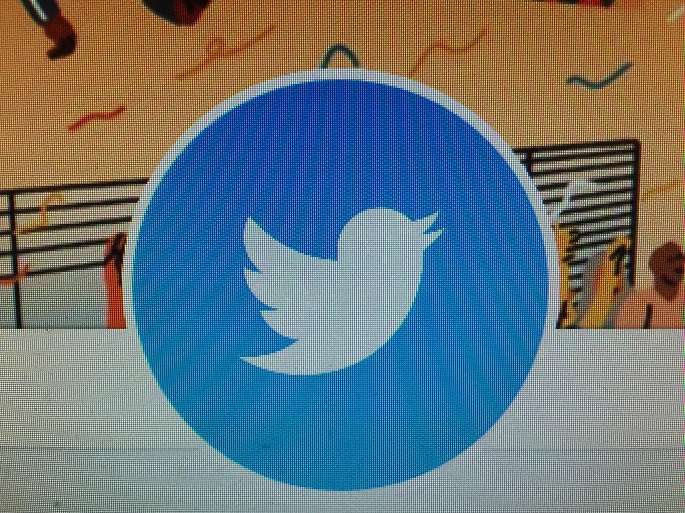New study reveals how information spreads on social media
Published : 24 Sep 2017, 22:03
Updated : 24 Sep 2017, 22:14
Twitter bots, if used properly, can help to spread positive messages and encourage good behavior, suggests a new study by University of Southern California (USC).
"We found that bots can be used to run interventions on social media that trigger or foster good behaviors," Emilio Ferrara, a computer scientist at the USC Information Sciences Institute, said in a statement.
In a large-scale experiment designed to analyze the spread of information on social networks, Ferrara and a team from the Technical University of Denmark deployed a network of algorithm-driven Twitter accounts, or social bots, programmed to spread positive messages on Twitter.
"This milestone shatters a long-held belief that ideas spread like an infectious disease, or contagion, with each exposure resulting in the same probability of infection," says Ferrara, whose previous research focused on the proliferation of bots in the election campaign.
"Now we have seen empirically that when you are exposed to a given piece of information multiple times, your chances of adopting this information increase every time," Ferrara said.
In the study, published in PLOS ONE this week, researchers first developed a dozen positive hashtags, ranging from health tips to fun activities. Then, they designed a network of 39 bots to deploy these hashtags in a synchronized manner to 25,000 real followers during a four-month period from October to December 2016.
Scientists saw that every exposure increased the probability of adoption - there is a cumulative reinforcement effect.
According to the study, co-authored by Ferrara and a research assistant professor at the USC Viterbi School of Engineering's Department of Computer Science, the new discovery could also improve how positive intervention strategies are deployed on social networks in many scenarios, including public health announcements for disease control or emergency management in the wake of a crisis.


